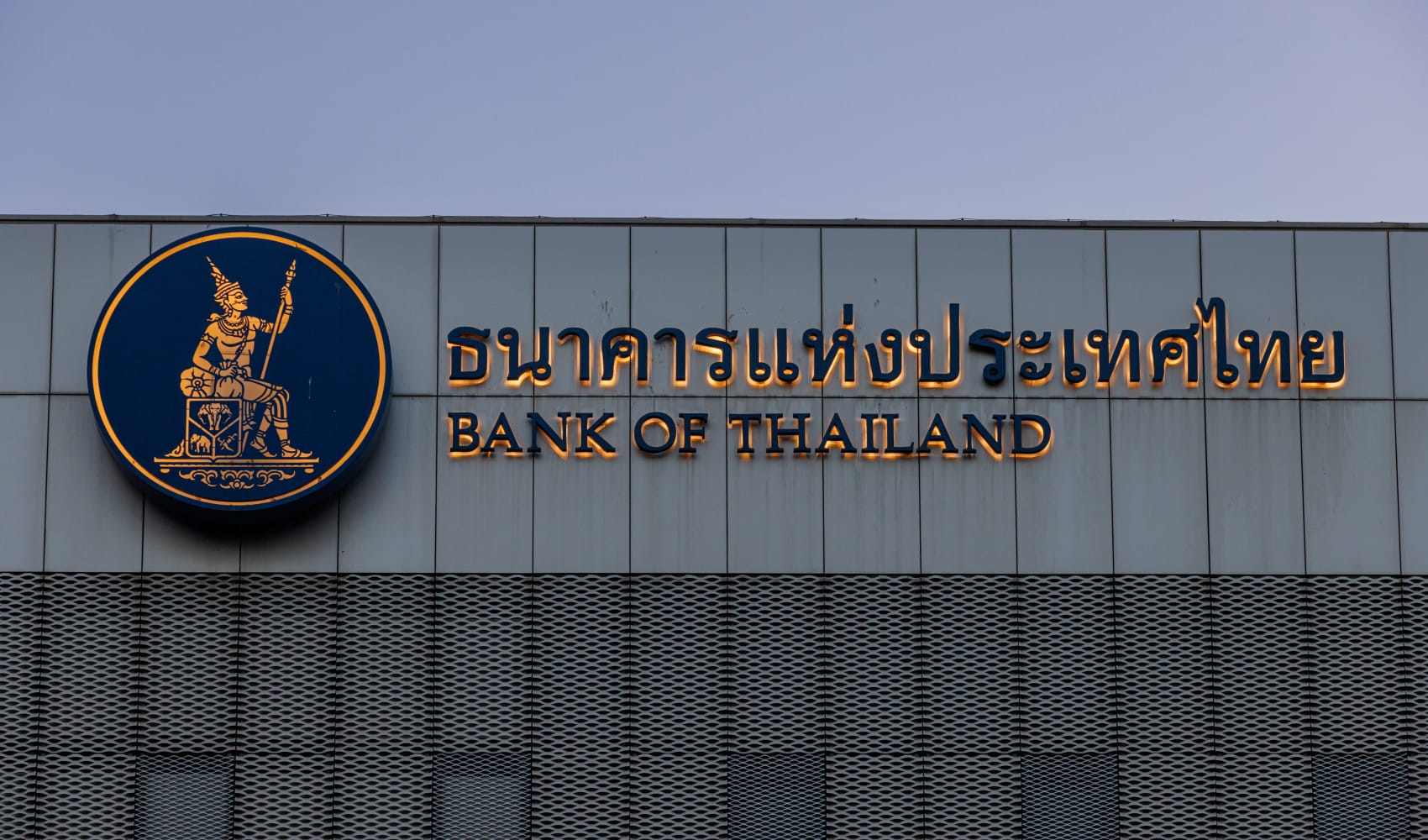
In his best-selling book "The Body Keeps the Score," psychiatrist Bessel van der Kolk explores the effects of EMDR, yoga, and limbic system therapy on treating patients suffering from post traumatic stress disorder, or PTSD.
In a recent study, van der Kolk and his co-authors found a new way of potentially helping patients heal: therapy-assisted MDMA.
MDMA, also known as ecstasy, is a psychedelic which has been illegal in the United States since 1985. Effects include happiness, reduced anxiety, and increased sociability.
Get a weekly recap of the latest San Francisco Bay Area housing news. Sign up for NBC Bay Area’s Housing Deconstructed newsletter.
Participants who took MDMA showed greater self-compassion and self-awareness, according to the 2024 study.
"A very core issue in treating trauma, namely, is people tend to blame themselves, hate themselves, put themselves down, feel like they're permanently broken," van der Kolk says.
Participants who took MDMA seemed to gain a different viewpoint of their trauma, the study found.
Money Report
"People on MDMA did extraordinarily well on these dimensions of self-compassion," he says.
The results are something van der Kolk says he "had never expected we would be able to see."
'People really felt liberated from their past'
Ninety people with PTSD participated in the study, all of whom were in therapy for their trauma. About half, 46, were also given MDMA while 44 were given a placebo. Two months after their last session, patients' trauma symptoms were measured using three different tests. Researchers looked at dozens of factors including self-kindness, mindfulness and abandonment concerns.
"People really felt liberated from their past," van der Kolk says. "Trauma is not a memory. Trauma is something that's imprinted on your being. Instead of people feeling imprinted by their trauma and feeling like they were deeply hurt, damaged people, they were able to say, 'Yes, terrible things happened to me, but it happened in the past.' People were able to create a perspective about what happened to them, but not be dominated by their past."
In the 1970s and 1980s, a small number of psychiatrists prescribed MDMA, believing it enhanced communication in their patients and allowed for deeper personal insights, according to the National Institute on Drug Abuse. However, the Drug Enforcement Administration declared a state of emergency on the psychedelic in 1985, stating it had no approved medical use and high potential for abuse.
Though the study specifically focused on people with PTSD, van der Kolk says MDMA could help with a number of disorders.
Those with severe eating disorders, for example, could potentially find relief through therapy-assisted MDMA treatment. In fact, a recent study found that MDMA did reduce eating disorder symptoms in young girls.
Van der Kolk has consulted for eating disorder programs for adolescent girls.
"When their eating disorder completely dominates everything in their lives, I feel quite hopeless about these girls," he says. "The first time I went to a program I consult to, the guy picked me up from the airport and said, 'Oh, we have to stop by one of the girl's houses because we gave them a therapy dog, but they're starving the therapy dog now.' That's how pervasive eating disorders can be."
During the pandemic, eating disorders in adolescents spiked, according to a paper published in Jama Pediatrics.
"If I were a consultant to an inpatient anorexia program, I would feel quite free to give MDMA to 16, 17-year-olds in a very contained setting," van der Kolk says.
Van der Kolk doesn't want to be a "cowboy and rush in there with the latest thing," but he does believe that therapy-assisted MDMA has the potential to aid in the healing of a wide range of traumas.
Want to land your dream job in 2024? Take CNBC's new online course How to Ace Your Job Interview to learn what hiring managers are really looking for, body language techniques, what to say and not to say, and the best way to talk about pay. CNBC Make It readers can save 25% with discount code 25OFF.






